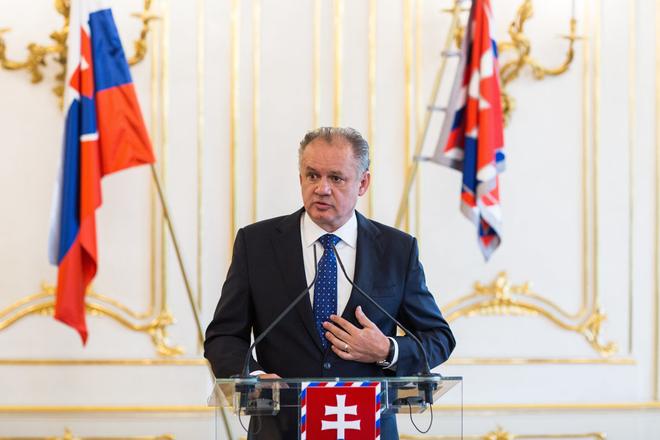President Andrej Kiska has challenged the recent changes to the law on the regulation of energy prices at the Constitutional Court. He wants it to decide whether the amendment, adopted this spring, is in compliance with the constitution and European laws.

The president objects to the change concerning the election of the chair of the energy regulator, the Regulatory Office for Network Industries (ÚRSO) and the setting of new energy prices, the Sme daily reported.
Under the old rules, the new chair was proposed by the government, while the president could veto the nomination. After the amendment was adopted, he lost this power.
“By amending the law the government has violated the existing distribution of power,” Kiska said, as quoted by Sme. “It also subordinated the regulator’s head to direct political control of the government that rules the country. It has become a political function.”
Following the changes, the government appointed Ľubomír Jahnátek, former MP for Smer and ex-economy and agriculture minister, to lead the ÚRSO in mid-July.

The previous chair, Jozef Holjenčík, had to leave at the beginning of the year, after the scandal over high energy prices, Sme wrote.
As for setting energy prices, Kiska objects to the fact that the process is now supervised by the Ministries of the Economy and the Environment.
“The return of the participation of the ministries in pricing proceedings is at odds with the EU rules,” Kiska said, as quoted by Sme. “It increases the risk of interference with the regulator’s decisions.”



 President Andrej Kiska (source: Sme)
President Andrej Kiska (source: Sme)